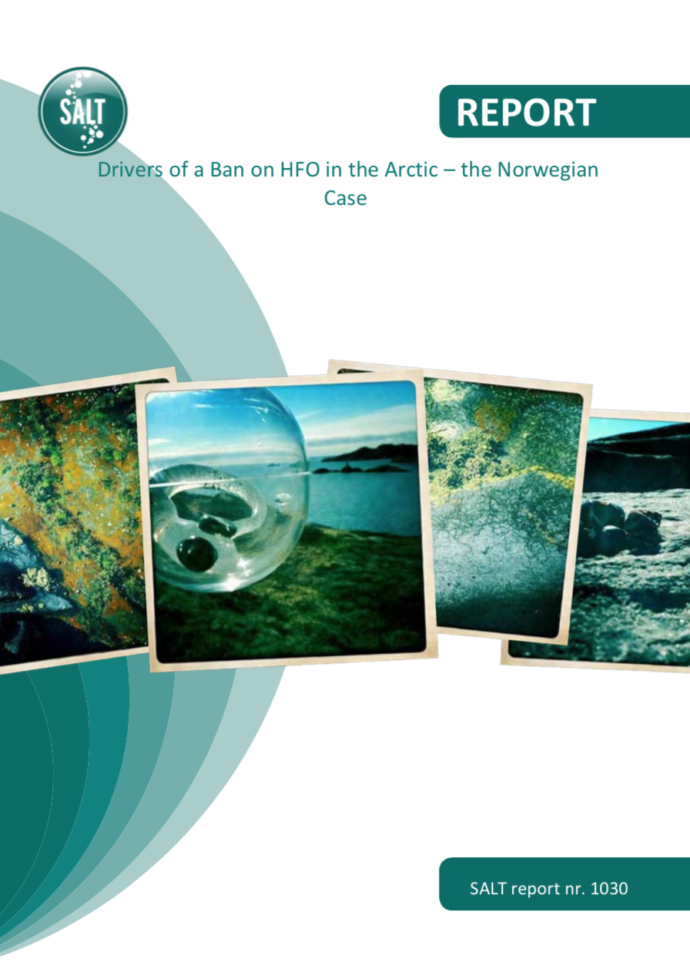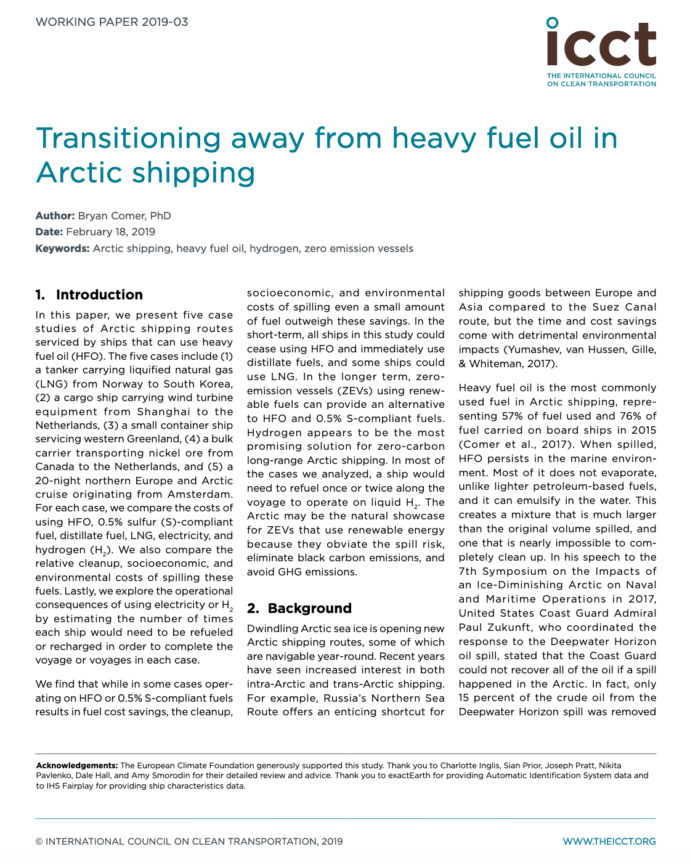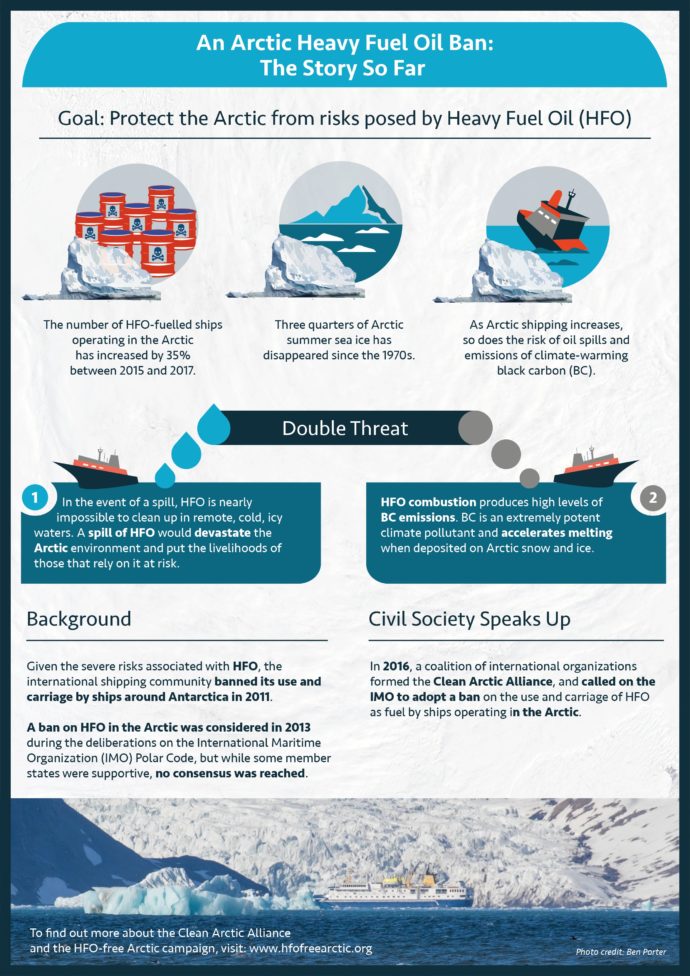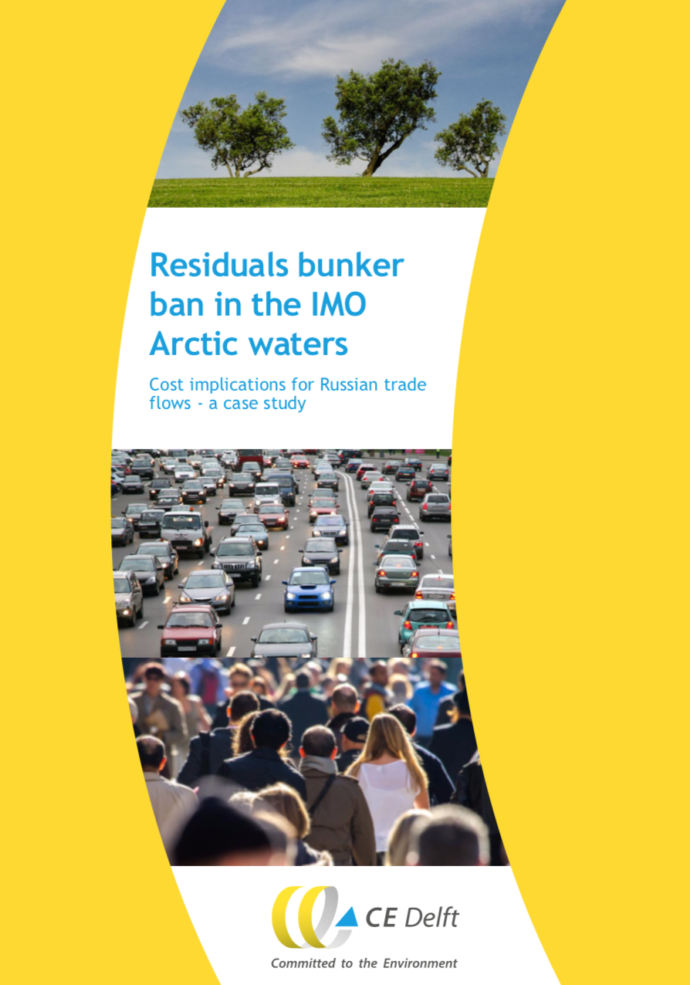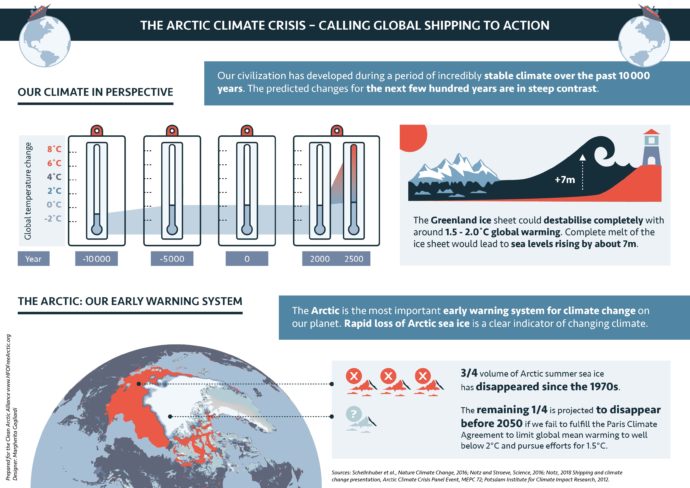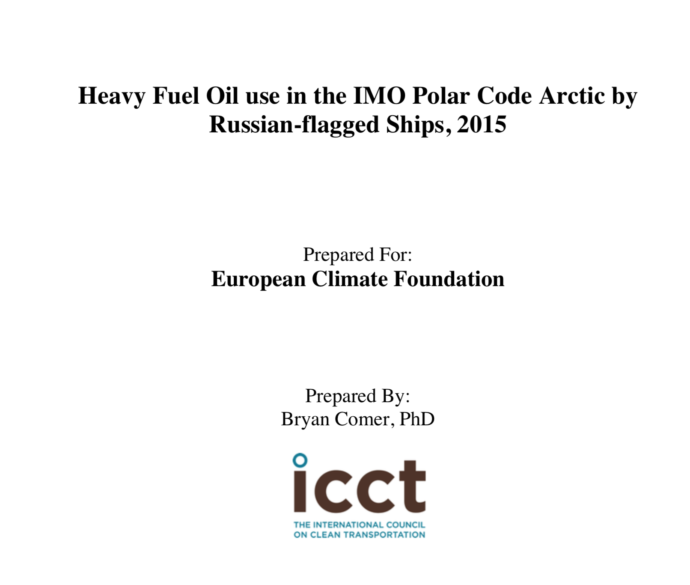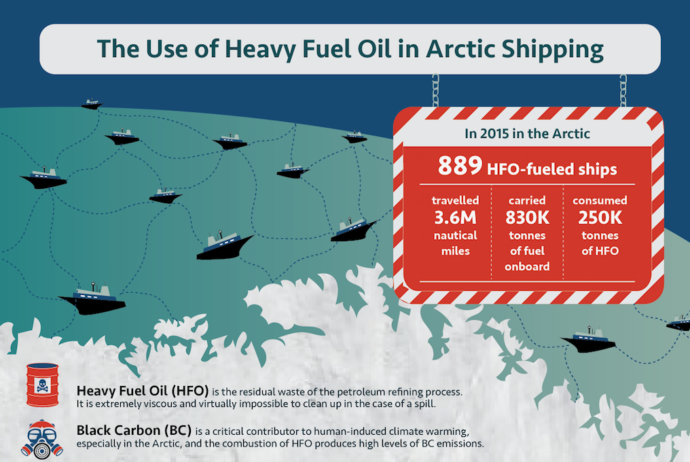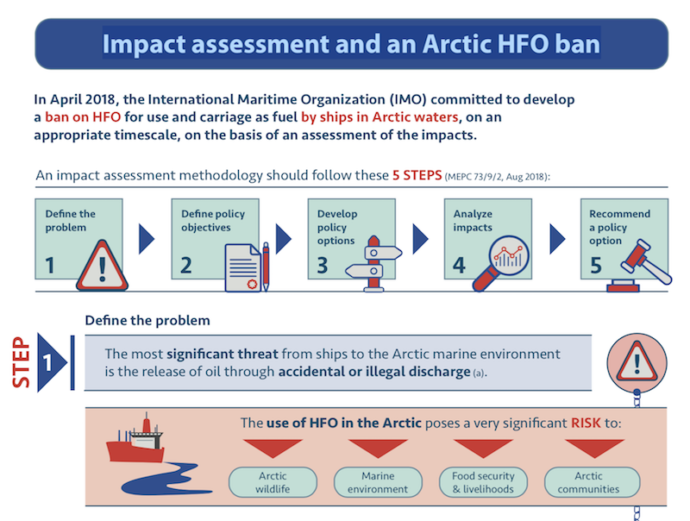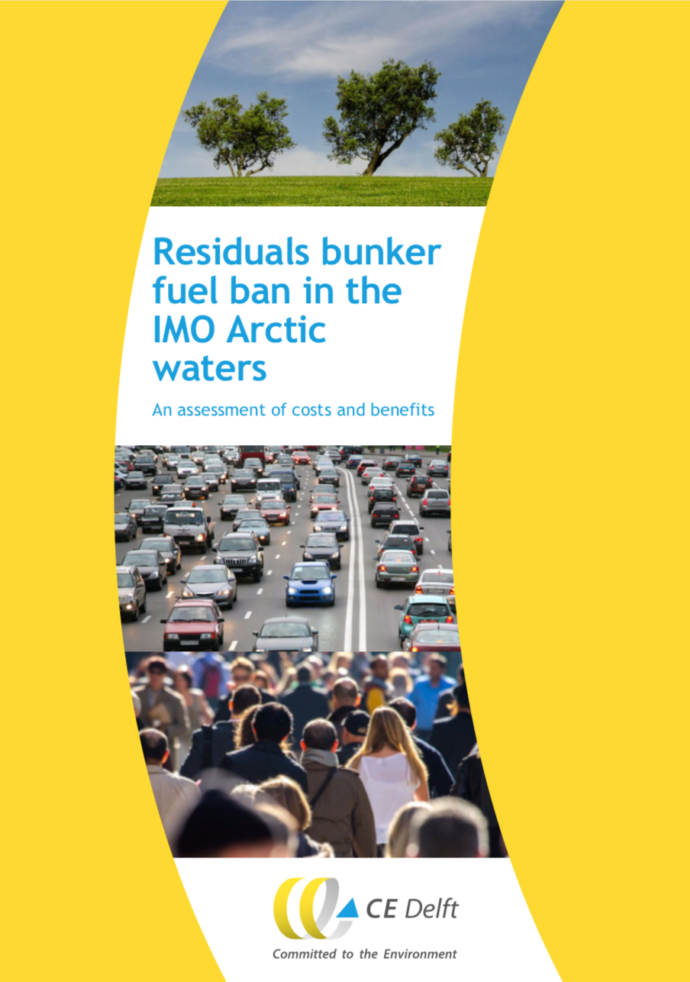Clean Arctic Alliance Manifesto for the Icelandic Chairmanship of Arctic Council
During its two-year Chairmanship of the Arctic Council, Iceland will focus on sustainable development in the Arctic, with a special emphasis on the Arctic marine environment, climate and green energy solutions, people in the Arctic, and strengthening the Arctic Council. These comprehensive themes provide Iceland with the opportunity to demonstrate global leadership with respect to a region of the world that is in serious trouble.

